【新唐人2012年3月29日訊】日前在中共兩會政協小組討論會上,衛生部副部長黃潔夫聲稱,由於缺乏公民自願捐獻,死囚器官成了器官移植的主要來源。而「國際特赦」組織27號剛在發佈的報告中提到,由於被執行死刑的人數在中國「被視為國家機密」,因此外界無法得知具體數字。不過,現在中共承認移植死刑犯器官,外界認為,那是為了掩蓋「王立軍事件」真相。王立軍創辦的「錦州市公安局現場心理研究中心」, 在兩年的時間裏,進行了幾千個人體器官摘除。這些被摘器官的人如果都是死刑犯,那麼,中國的死刑犯數字就相當可觀。如果不是死刑犯的器官,那是來自哪些人的器官呢?
「國際特赦」組織27號公布全球死刑報告,在全球保留死刑的57個國家中,僅有20個國家2011年執行了死刑,被處決的死刑犯至少676人。
「國際特赦」組織表示,這些數字並不包括在中國被處死的罪犯。「國際特赦」估計,中國處決的死刑犯超過所有其他國家的總和。但由於被執行死刑的人數在中國「被視為國家機密」,因此外界無法得知具體數字。
時事評論員藍述:「中共它每一年這個死刑犯人數作為國家機密,歷來都是這樣的。它作為一個極權專政的國家,很多東西它都是秘密的,不透明的。」
大陸律師江天勇表示,在大陸,一般的人只知道自己在加刑,或者律師知道當事人被判處死刑或被直接執行,但是很難知道全面。實際上剝奪了公眾的知情權。
江天勇:「從法律上來說,實際上中國(共)這樣的做法,按照自己的法律來說就說不過去,因為中國的審判,即便審判不公開,但是判決是應該公開的,這個死刑的執行應該讓律師知曉、讓家屬知曉。」
江天勇指出,中國的死刑數量,作為國家的秘密保護,非常值得懷疑。
2005年,中國衛生部副部長黃潔夫在「世界衛生組織」會議上,首度正式承認,中國大多數移植器官來自於死刑犯。隨後,中共衛生部發言人毛群安做出否認,聲稱大量移植器官,來源於自願捐贈。
2006年3月,法輪功學員在大陸被活體摘取器官並販賣的醜聞曝光,中共「沉默」了三週後,外交部發言人秦剛才對外否認有集中營和活體摘除器官的存在,同時還聲稱「有關中國存在從死刑犯身上摘取器官進行器官移植的情況」,完全是謊言,等於否認了黃潔夫之前的說詞。
而今年中共兩會期間,衛生部副部長黃潔夫在全國政協小組討論會上又說:「器官緊缺是中國器官移植發展的瓶頸。由於缺乏公民自願捐獻,死囚器官成了器官移植的主要來源 」。
藍述:「 中共選擇在這個時候去公開的承認它們從死刑犯身上奪取器官,進行器官移植,實際上是避重就輕的一種做法。它想通過這種做法轉移公眾的注意力,轉移公眾現在急於知道的,王立軍他送到海外的資料,是否包括中共活體摘取法輪功學員器官的這一部分資料。」
藍述表示,中共是為了掩蓋公眾對活體摘取法輪功學員器官的注意力,才選擇在兩會這樣重要的場所,公開承認從死刑犯身上移植器官。
採訪編輯/唐睿、後製/葛雷
Death Penalty Data Shady; Organ Harvesting Considered a State Secret
At one of the recent discussions during the Chinese Communist
Party's (CCP) Two Meetings (high level internal meetings),
Huang Jiefu, the Deputy Minister of Health said that due to
the lack of voluntary organ donation by citizens,
executed prisoners became the main source of
organ transplants.
Amnesty International wrote in a March 27th report that
the number of executed prisoners in China is a state secret.
No outsiders can obtain the specific figures.
However, analysts believe that the CCP admitted
to transplanting organs of executed prisoners in order to conceal the truth of the Wang Lijun incident.
Jinzhou Municipal Public Security Bureau Psychological
Research Center, which was founded by Wang Lijun,
has removed thousands of organs from human bodies
for the past two years.
If all the organs came from death row prisoners, then
there must be a significant number of death row inmates in China.
If the organs did not come from death row inmates,
where do they come from?
On March 27th, Amnesty International released a report
regarding the global death penalty.
Among the 57 countries that retain the death penalty,
only 20 countries executed prisoners in 2011.
The number of death row inmates that have been
executed is at least 676.
Amnesty International stated that this figure does not include
criminals who were executed in China.
Amnesty International estimates that the number of executed
prisoners in China surpasses the sum of those in all other countries.
As the number of prisoners executed in China is considered
a state secret, no outsiders can know the exact figure.
Commentator Lan Shu: "the CCP has always considered
the number of executed prisoners to be a state secret.
It is a totalitarian dictatorship; a lot of things are kept secret
and opaque."
Chinese lawyer Jiang Tianyong said that in China, everyday
citizens only know his infliction or the lawyer knows that his client is sentenced to death or will be executed.
He cannot know everything.
The public's right to know is deprived.
Jiang Tianyong: "From a legal point of view, in fact,
the CCP's approach cannot be justified by its own law.
(According to China's law), even if the trial is closed
to the public, it is necessary that the judgment be made public.
The implementation of the death penalty should be known
by the lawyer and family."
Jiang believes that it is suspicious that the CCP considers
the number of death sentences carried out in China a state secret.
In 2005, the Chinese Deputy Health Minister, Huang Jiefu,
at the World Health Organization meeting, officially admitted
for the first time, that the majority of transplanted organs
in China come from death row.
Subsequently, the spokesperson of the Ministry of Health,
Mao Qun'an, denied Huang Jiefu's statements and claimed
that a large number of transplanted organs
came from voluntary organ donations.
Commentator Lan Shu: "Chinese people have a belief
that a person's body is given by the parents. His body is to be taken away when he dies.
Therefore, due to this tradition, most Chinese people
are not willing to donate organs.
Hence, the number of donated organs
in China is very small."
In March 2006, as reports were released regarding organs
being harvests from living Falun Gong practitioners in China
then sold on the black market, the CCP remained silent
for three weeks.
The spokesperson of China's Foreign Ministry, Qin Gang,
denied the existence of concentration camps and live organ harvesting,
and also stated that reports regarding the existence of organ
removal from executed prisoners for use in organ transplants is a complete lie.
Qin also denied Huang's previous statement.
However, during the Two Meetings this year,
the Deputy Minister of Health, Huang Jiefu, stated again that,
"the organ shortage is a bottleneck in the development
of organ transplantation in China.
Due to the lack of voluntary organ donation,
executed prisoners have become the main source of organs."
Commentator Lan Shu: “The CCP chose to publicly admit
their practice of harvesting organs from executed prisoners in order to avoid attention.
It wants to divert the public's attention.
What the public is most anxious to know about
is whether the documents Wang Lijun sent overseas
included the confidential information of CCP live organ
harvesting from living Falun Gong practitioners."
Lan expressed that the CCP choosing to publicly admit
at the important Two Meetings, the removal of organs from
executed prisoners, was to divert the public's attention away
from organ harvesting from living Falun Gong practitioners.
看下一集
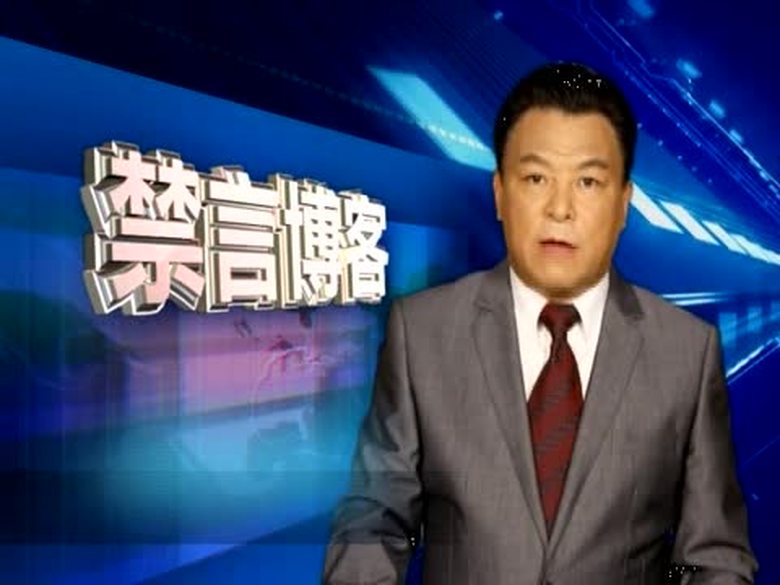
【禁言博客】這樣的代表會為百姓說話嗎
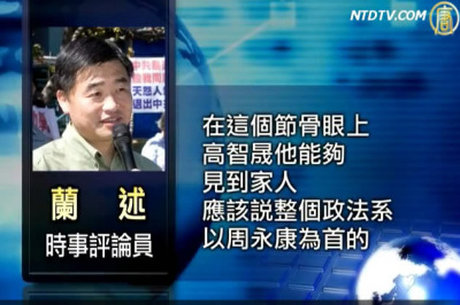
【中國禁聞】獲探高智晟與薄免職同日 蘊含玄機
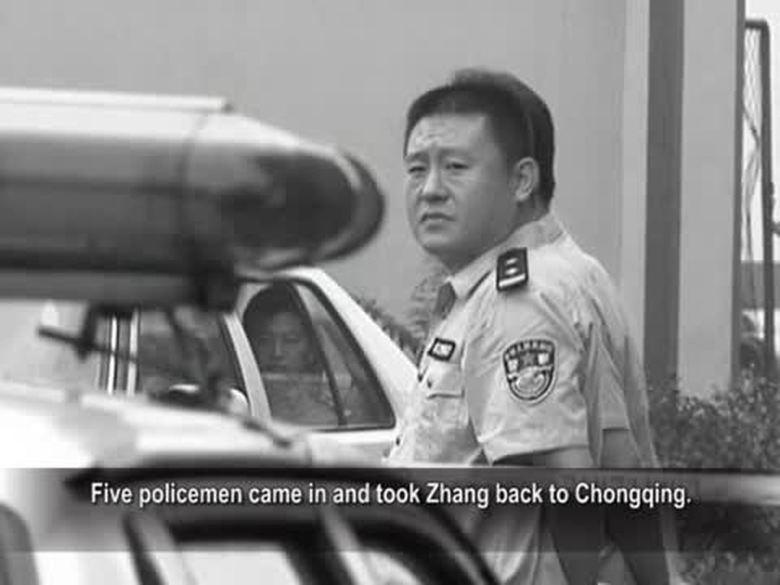
【禁聞】人大張明渝被迫做假證 兩會遭封口
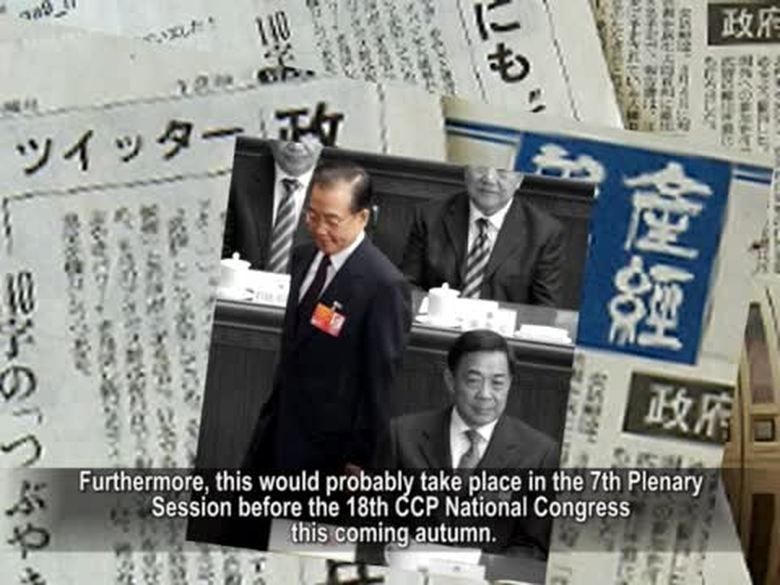
【禁聞】產經新聞:5月肅清薄熙來勢力
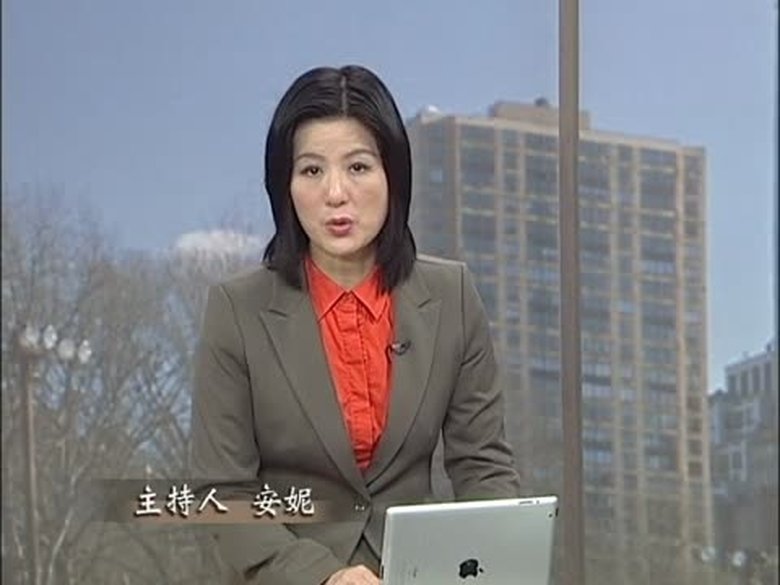
【禁聞論壇】官員與“精神分裂症”
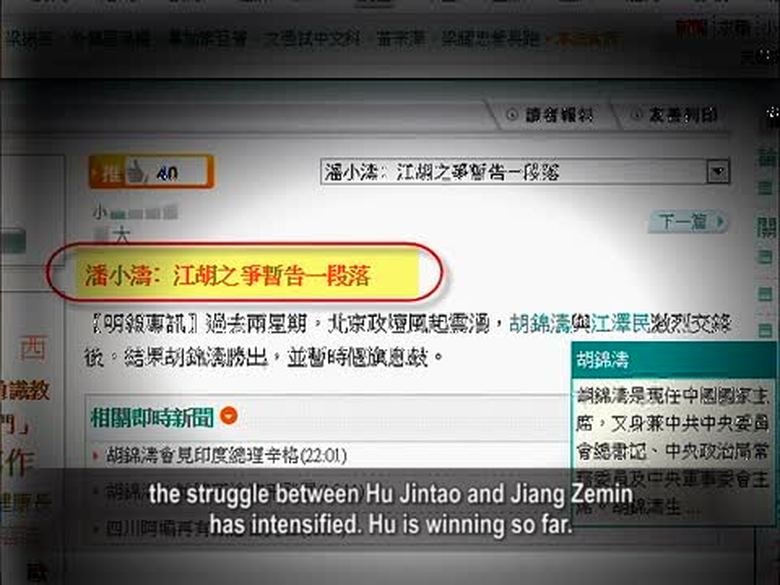
【禁聞】傳爆江死訊測反應 倒江計劃早已定
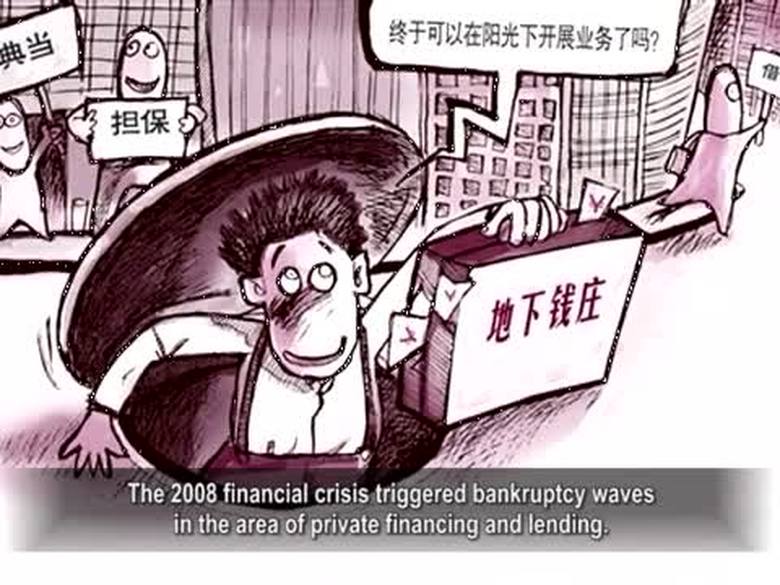
【禁聞】專家:溫州金改應向自由社會學習
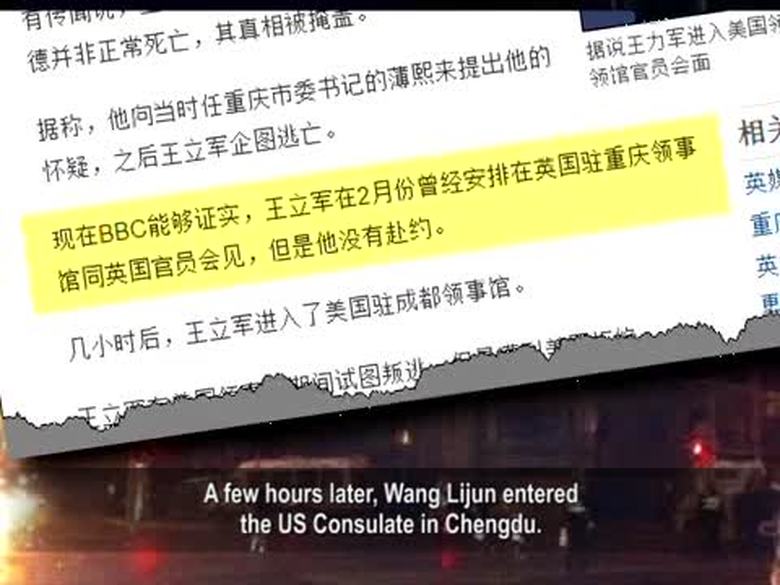
【禁聞】"007"之死成焦點 王立軍擬先赴英領館
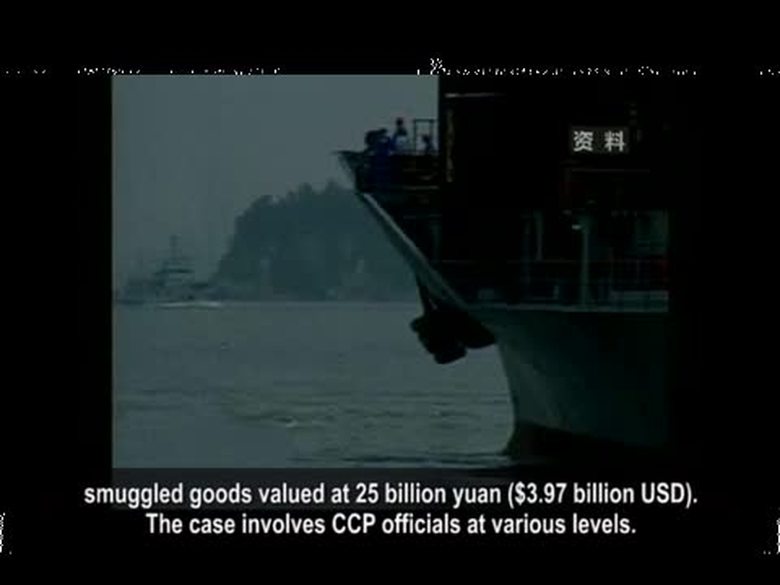
【禁聞】賴昌星開庭 意在「新四人幫」
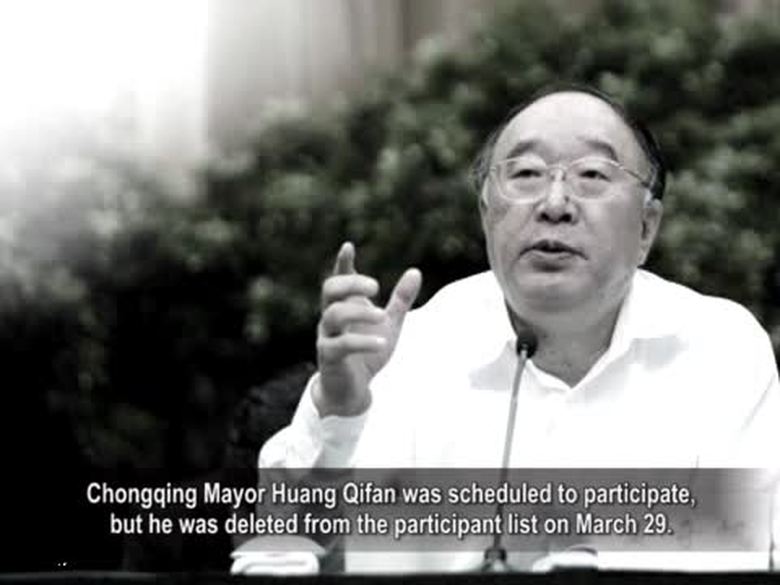
【禁聞】黃奇帆無緣博鰲 胡溫已控定局
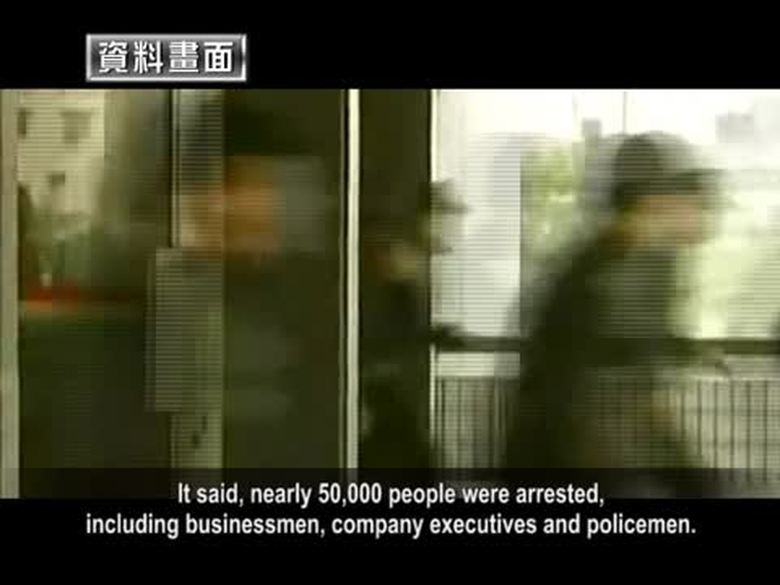
【禁聞】重慶「黑打」 嚴刑逼供怵目驚心
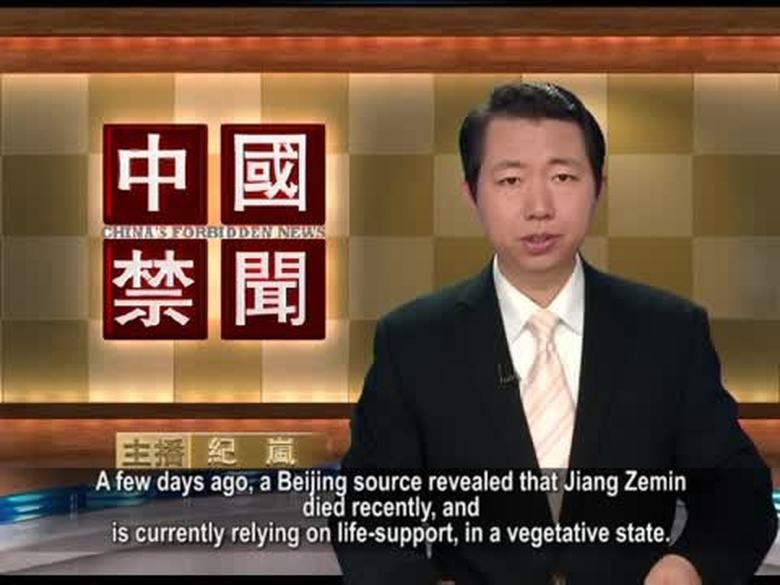
【禁聞】血腥摘取器官 腎移植鼻祖跳樓自殺
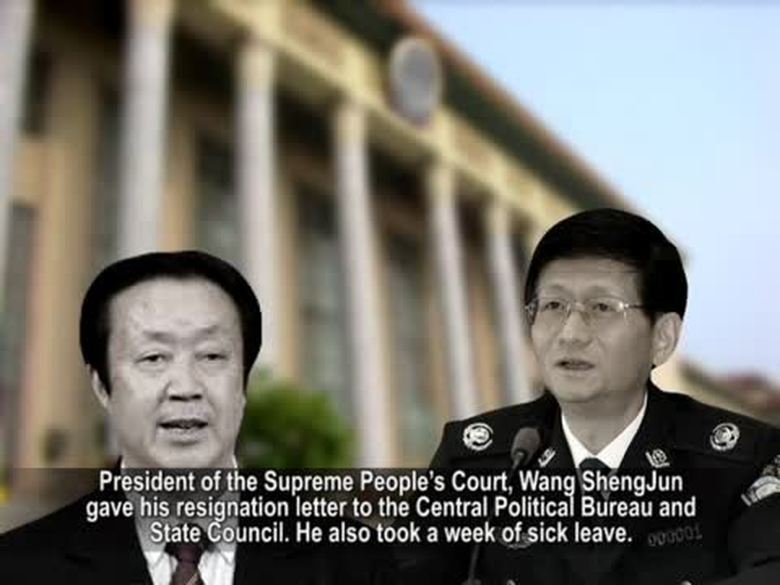
【禁聞】懼清算拋黑鍋 傳公檢法三巨頭請辭
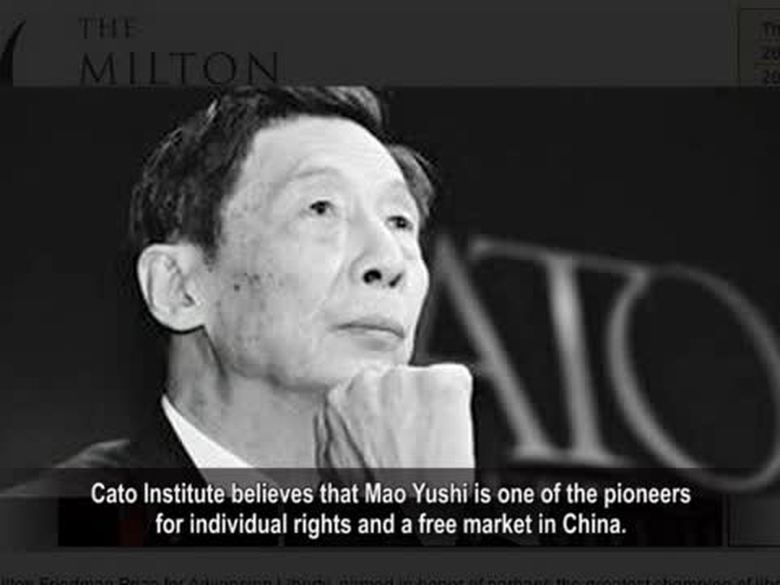
【禁聞】推動公民權益 茅於軾獲經濟自由獎
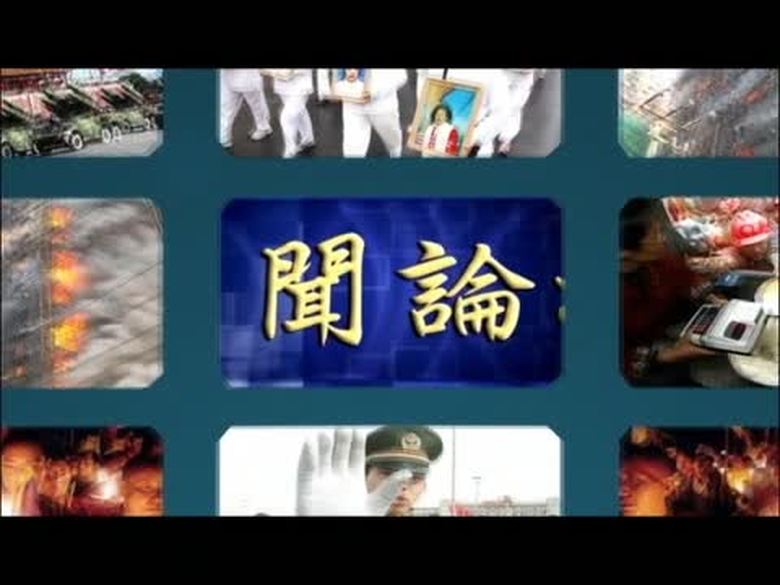
【禁聞論壇】「兩會」面面觀
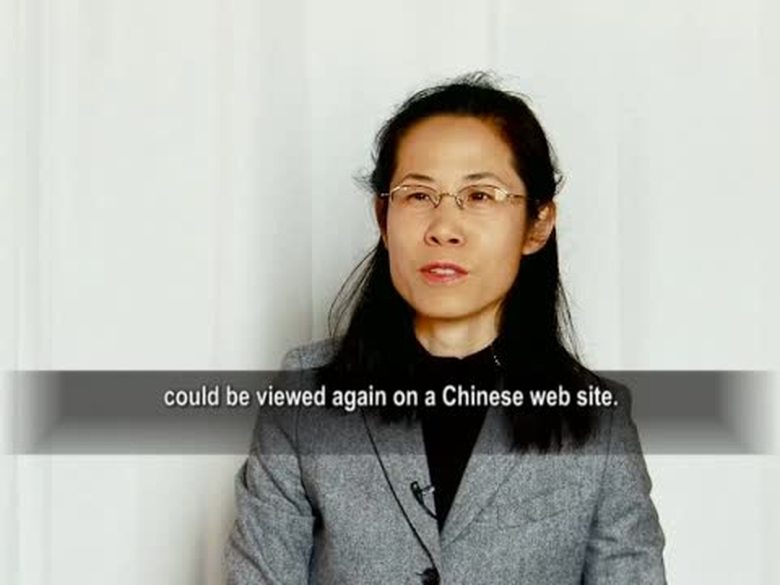
【禁聞】專訪封從德:中共政局變化的啟示








